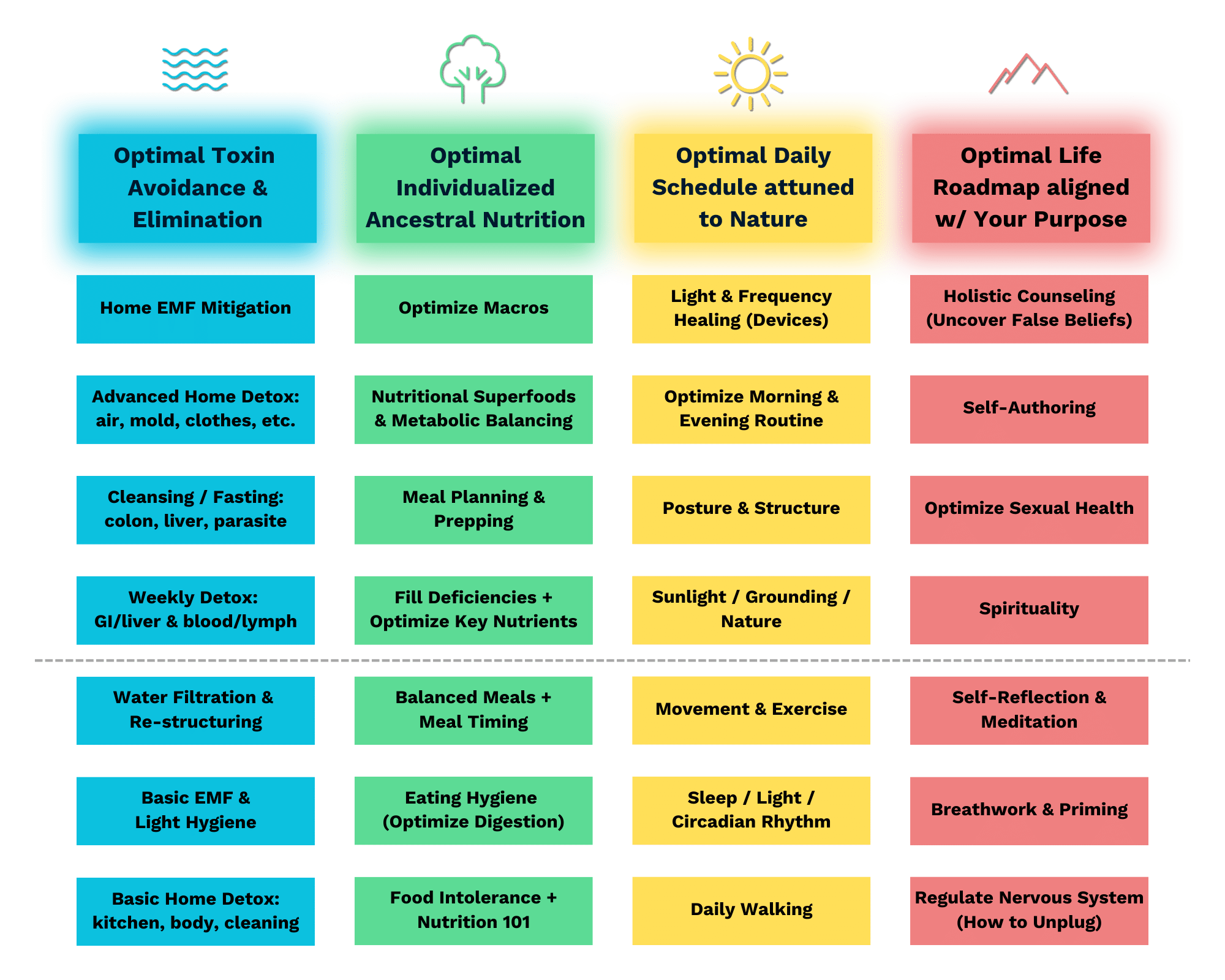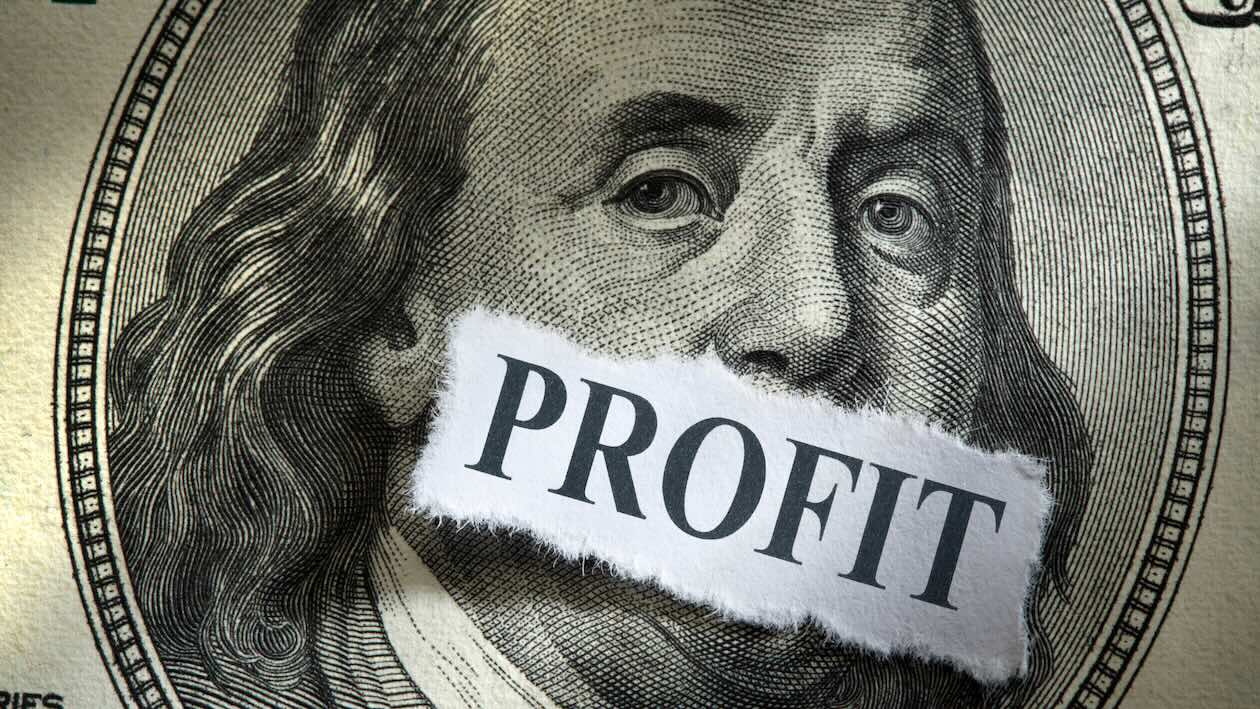Each year, millions of Americans schedule their routine checkup, often unaware of the pharmaceutical agenda quietly steering much of modern preventive healthcare. From childhood wellness visits to adult lab panels, these appointments serve a dual purpose: track your health and, perhaps more significantly, sustain pharmaceutical profit streams. One of the most significant players in this cycle? Statins.
Statins—medications prescribed to lower cholesterol—have become nearly synonymous with heart health. But are they truly lifesaving, or are they a profit-centric bandage for misunderstood biology?
The Cholesterol Conversation Is Broken
Let’s paint a familiar scenario. Your doctor runs the usual panel of 20 blood markers and reports a total cholesterol of 215 and LDL cholesterol of 115. Without asking about your diet, stress, sleep, or the quality of fats in your meals, they reach for the prescription pad: a statin and a low-fat diet.
If that sounds like a superficial and incomplete approach—it is.
Key fact: Only about 20% of your blood cholesterol comes from your diet. The liver is your body’s primary cholesterol manufacturer. This alone should make you question the rush to medicate. More importantly, pre-statin studies from the 1980s and early 1990s repeatedly found no reduction in mortality from lowering cholesterol with pharmaceuticals. In some instances, the mortality rate was even higher among the medicated groups.
Worse yet, all-cause mortality spikes when cholesterol drops below 160. Why? Because cholesterol is essential—it’s the raw material for every cell in your body and a cornerstone for hormone production.
The Dark Side of Statins
Statin drugs don’t just suppress cholesterol; they come with a host of documented side effects. These include:
- Memory loss
- Muscle fatigue
- Depression
- Low libido
Yet, statins remain one of the most commonly prescribed drugs in America. If your doctor suggests one without a full lifestyle evaluation, it might be time to find a practitioner with a deeper, more holistic understanding of human physiology.
Cardiovascular Disease: What Actually Matters
Heart disease remains one of the top two causes of death in the U.S., but the real culprit may not be cholesterol itself. The true threat? Oxidized LDL cholesterol, which occurs when LDL particles are damaged by free radicals—unstable molecules produced by poor diet, pollution, stress, and more.
Here’s the breakthrough: Lowering cholesterol alone doesn’t prevent heart disease. Instead, we must protect our LDL particles from oxidative damage and reduce systemic inflammation. This is the foundation of cardiovascular wellness and the crux of what most conventional doctors overlook.
The Four Pillars of Cardiovascular Health
1. Eliminate Industrial Seed Oils
The first and most critical step is removing industrial seed oils from your diet. These include:
- Canola
- Corn
- Soy
- Sunflower
- Safflower
- Cottonseed
These oils are high in omega-6 fatty acids, which drive inflammation and create free radicals that damage blood vessels and cholesterol particles.
Swap them for traditional fats:
- Butter
- Ghee
- Tallow
- Coconut oil
- Extra virgin olive oil
“The Oiling of America” podcast episode from Weston A. Price dives deep into this critical issue Listen here.
2. Reduce Environmental Toxins
From household cleaners to personal care products, everyday items contain endocrine-disrupting and oxidative chemicals. These substances penetrate the skin or enter through inhalation, slowly contributing to the oxidative burden in your body.
Switch to cleaner alternatives available at health-conscious retailers like Whole Foods. Look for toxin-free options in:
- Shampoo
- Deodorant
- Makeup
- Cleaning products
3. Balance Your Blood Sugar
Insulin resistance, not cholesterol, is the strongest predictor of heart disease. Fasting glucose levels above 85 mg/dL or a high triglyceride-to-HDL ratio indicate metabolic dysfunction—a condition that affects 94% of Americans.
Practical steps to reverse insulin resistance:
- Eat three balanced meals per day
- Prioritize protein, healthy fats, and fiber-rich carbs
- Avoid excessive fasting or meal skipping
Despite trends, intermittent fasting isn’t suitable for most people, especially those with unstable blood sugar or adrenal issues.
4. Rethink Cardiovascular Testing
Many are told to get a coronary calcium score, but this involves radiation exposure. Instead, monitor your Triglyceride to HDL ratio—aim for under 3—and ensure your fasting glucose stays below 85.
These simple markers provide a more accurate and holistic view of cardiovascular health without invasive testing.

Why Cholesterol Matters (A Lot)
Cholesterol isn’t a villain. It’s a vital molecule your body relies on for:
- Cell membrane integrity
- Hormone production (including sex hormones and cortisol)
- Brain function
Suppressing it without considering root causes or whole-body health is both outdated and potentially dangerous.
Skip the Statin, Embrace Holistic Health
Turning down a statin prescription doesn’t mean ignoring cardiovascular risk. It means addressing it the right way—by supporting the body’s natural defenses and reducing the underlying causes of disease.
Resources to Explore:
- The Cholesterol Conspiracy by Dr. Edward Pinckney
- The Great Cholesterol Myth
- “The Problem with Statins” – Weston A. Price Podcast

Leave a Reply
You must be logged in to post a comment.